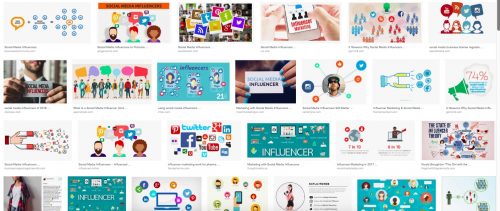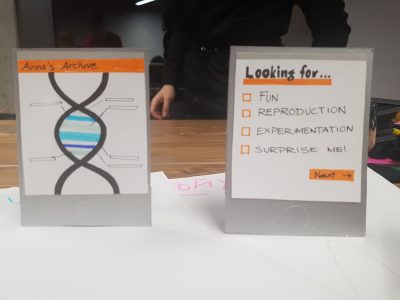In addition to contributing to Cyborgology, I write a sex column for the Pittsburgh City Paper. This week, I wrote a piece that’s relevant to conversations here, titled, “A new Kickstarter campaign has a terrible solution to your relationship problems.”
I look at LoveSync, a new technology aimed at helping couples with mismatched libidos, and argue it’s an example of how technological solutions to social or interpersonal problems can do more harm than good.
Jessie Sage on Twitter @sapiotextual.









